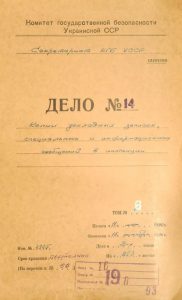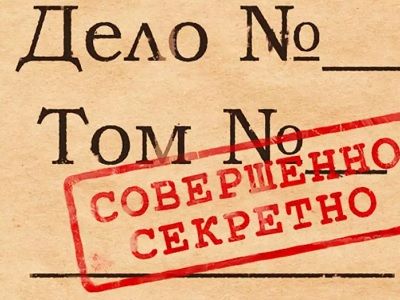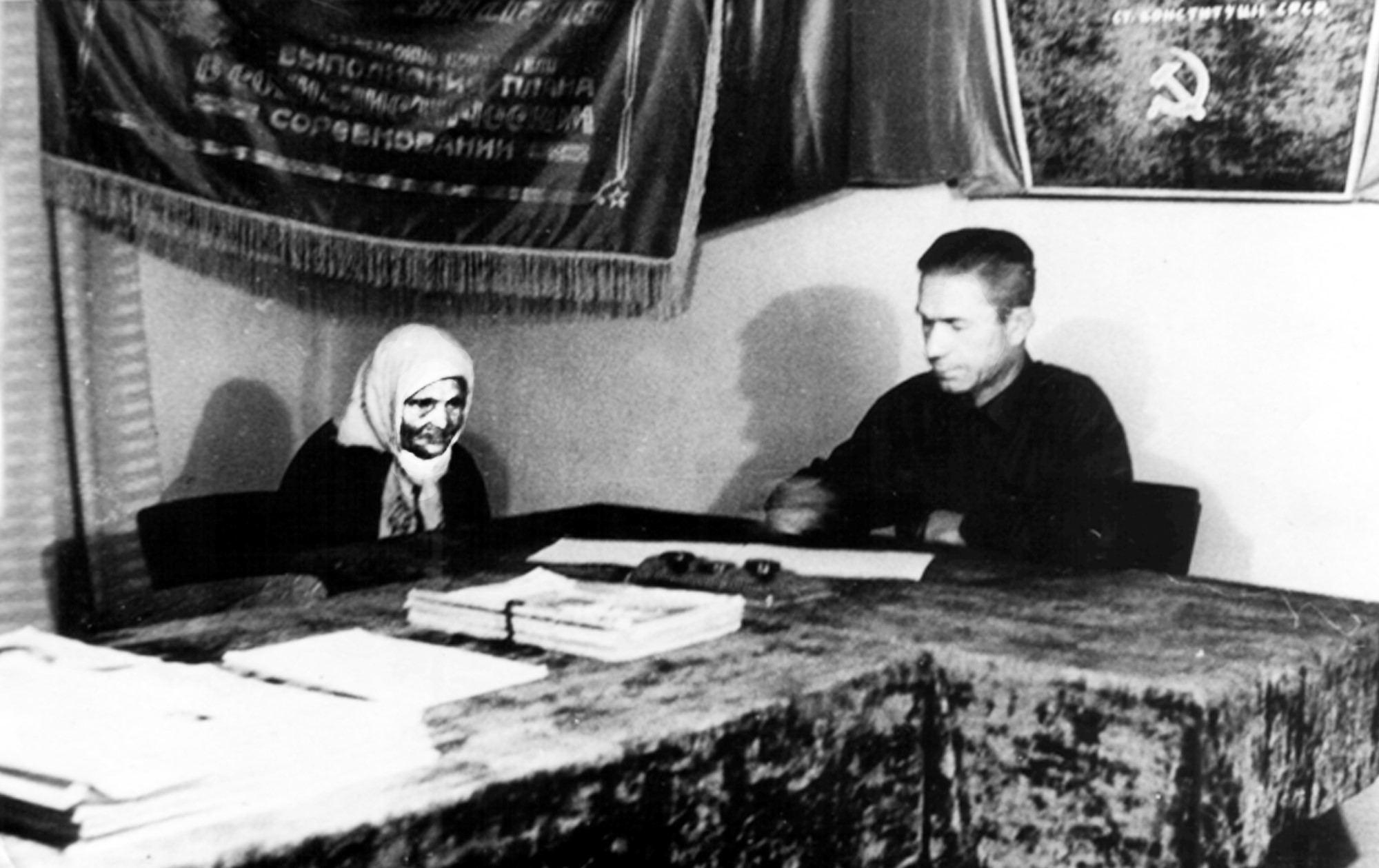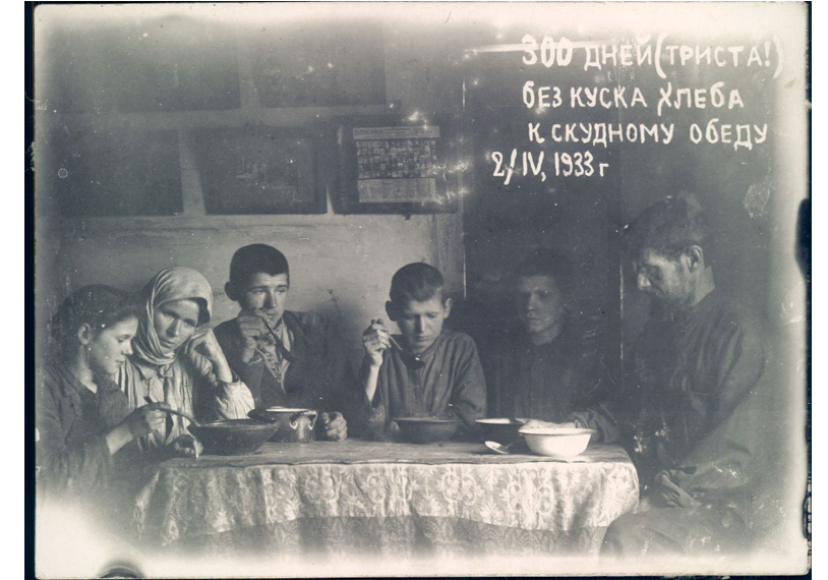The document decreed that Ukrainian SSR laws took precedence over the laws of the USSR, and declared that the Ukrainian SSR would maintain its own army and its own national bank with the right to introduce its own currency. The declaration also proclaimed that the republic would become in future “a permanently neutral state that does not participate in military blocs”, and that it would not accept, produce or procure nuclear weapons.
This declaration did not please the Kremlin and caused quite a stir in Moscow and in the ranks of the communist party. To counteract Ukraine’s overly “independent” sentiments that were spreading across the country following the Declaration of State Sovereignty and prevent any further “anti-social” actions or measures that might lead to full independence, the Committee for State Security of the Ukrainian SSR drew up a highly confidential document – Case No.14. The document presented specific proposals from the KGB and the Ministry of Internal Affairs of the Ukrainian SSR to be implemented immediately.

The document specifies that “the current situation in the republic [Ukraine] is characterized by high social tension, rising criminality, including organized crime, shadow economy, etc. Many regions have been affected by inter-ethnic and inter-faith conflicts, which may subsequently lead to negative consequences.”
Part II of the document is especially interesting as it refers to certain measures designed to “reveal, prevent and destroy any constitutional attempts by foreign security services, foreign nationalist centres and foreign anti-social elements plotting to disrupt law and order in the republic”.
The authors of this document recommend creating special groups within the KGB, the Ministry of Internal Affairs and the Procurator’s Office of Kyiv and the regions, which will be responsible for analyzing diverse materials, as well as studying and designating criminal events and individuals both in Ukraine and abroad.
Here are some of the KGB proposals to “stabilize the political situation in the republic”. In fact, these special groups are charged with the following powers:
- Record all anti-social actions during mass events, which may trigger intra-national unrest and religious conflicts.
- Work closely with the Ministry of Internal Affairs of the USSR to record and prevent any foreign nationals or entities from intervening in the internal affairs of the republic.
- Document and make public any attempts by foreign national centres and individual armed members of the OUN-UPA to recreate in the republic – a nationalist underground movement and armed units aimed at overthrowing the Soviet constitutional system.
- Carry out systematic work that reveals the anti-national criminal activities instigated by the OUN-UPA, and their leaders’ close connection to the Nazi secret services and Nazi punitive authorities.
- Assist local soviet and patriotic organizations, such as war and work veterans, former chekists, soviet army soldiers, and other individuals who took part in the fight against the OUN-UPA or suffered at the hands of the OUN-UPA in working to discredit all forms of nationalism. For this purpose, chekist museums and KGB premises should be used more frequently for meetings, and the following events should be closely monitored and encouraged: meetings between state security officials and workers’ associations, press conferences, round tables, village council meetings, and the reburial of victims of OUN repressions.
- In order to prevent the creation of paramilitary units, security services, armed groups and other structures not stipulated in the legislation of the URSR, carry out journalistic investigations and publish them in the media, publish old OUN-UPA articles and organize public showings of documentaries, which clearly indicate OUN-UPA criminal activity.
- Use the KGB, the Ministry of the Interior, the Prosecutor’s Office, and mass media to investigate and reveal organizations and individuals that incite intra-national discord and conflict, openly violate the territorial integrity of the USSR, and slander the president of the USSR, etc.
The document ends with a final recommendation “to closely monitor the republic’s mass media and find means to address the public via permanent and daily editorials entitled – The KGB/Ministry of Internal Affairs informs…”
The seven-page document was signed and stamped on August 31, 1990 by Mykola Holushko, KGB representative in the Ukrainian SSR and Andriy Vasylyshyn, Minister of Internal Affairs of the Ukrainian SSR.
It is important to note that this document was issued not so long ago – just 30 years – but neither KGB rhetoric nor tactics had changed much from the Stalinist era!
You can download and see the complete document (in Russian) here: http://avr.org.ua/viewDoc/11255








